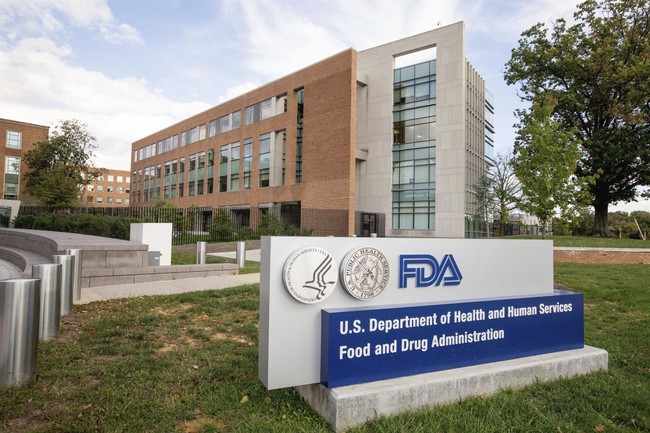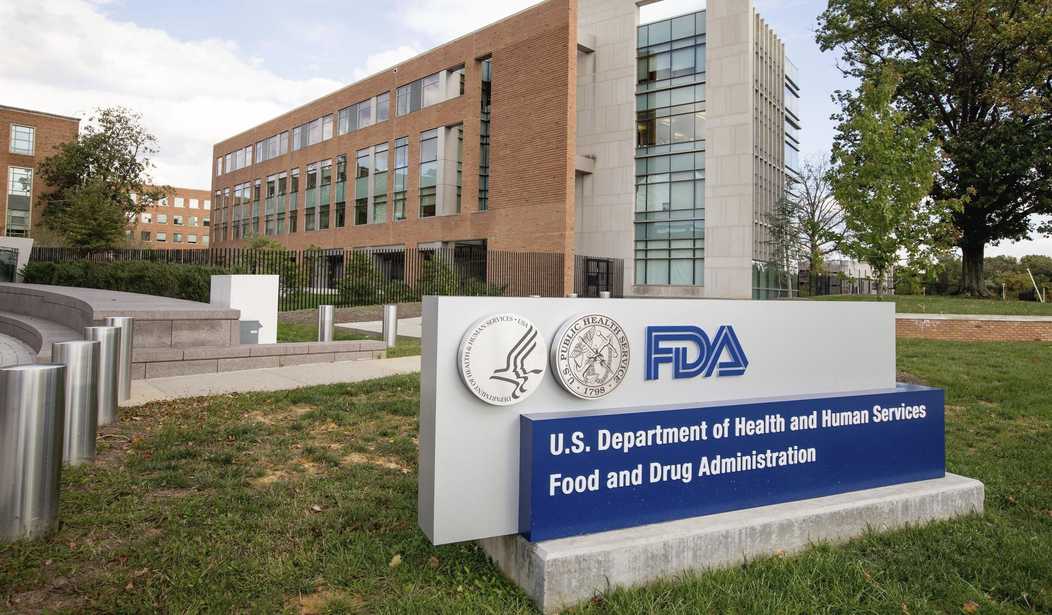I don’t claim to understand how other people’s brains work (or don’t, as is the case in politics often times), so I’m not going to pontificate about the rationale of “inviting someone to leave" a job and then hiring them back a week later. But that’s what has happened over at the Food and Drug Administration with Marty Makary and his close friend Vinay Prasad. Again, I don’t know why decisions were made and reversed, all I really care about is the end result of the job these people are hired to do, and in this case let us hope that the second time is the charm.
I’m a big proponent of prescription drugs, with my mother having lived longer than any of her doctors thought possible in large part thanks to them when she lost her right leg to circulatory issues when I was a child.
I’m also a big fan of the “right to try,” the first Trump administration’s push to allow terminally and chronically ill patients to take therapeutics still working their way through the approval process at the FDA. I am a “throw everything including the kitchen sink” at an illness because you never know what might work.
I hope the new FDA, which is the old FDA with newer understanding of President Trump’s expectations, will reembrace that spirit of right to try and the taking of a machete to the red tape that must be maneuvered in order to bring new treatments to market.
Last week, we saw a promising step forward when the FDA agreed to meet with Capricor Therapeutics to discuss their rare disease treatment application that was abruptly halted in July via CRL. The “old FDA” was liberal with their use of CRLs, which are basically accelerated rejection letters from the FDA to manufacturers. So, it is nice to see the “new FDA” is starting to course correct. I only hope to see more of these meetings scheduled with companies in similar situations.
Especially for cancer treatments.
If your life hasn’t been touched by cancer in some way you have either just emerged from under a rock or are the luckiest person to ever live. The odds are you’re neither, and therefore you know one or many people who’ve fought or are fighting this plague.
You also likely know the frustrating feeling of watching someone you care about battle for life against something you can’t really see and nothing seems able to stop. Treatments that show promise only show promise for some, not for others. No single treatment works for everyone,which is why there are always new treatments in development.
But some people can’t wait.
That is why the FDA’s CRL rejecting Replimune’s melanoma treatment is so shocking. There are over 100,000 new cases of melanoma diagnosed each year in the U.S. and Replimune’s RP1 therapy has shown promising results. I have to assume that FDA’s rejection of this treatment, based on flimsy grounds, was a mistake made by the old FDA and that we will soon see a meeting on the books for Replimune and other pharmaceutical companies working to save patients from unnecessary deaths.
There obviously have to be guardrails and safety measures in place for any medicine people put in their bodies – what good is a treatment if it kills the disease and the host? But the length of time it takes to bring new drugs to market is entirely too long.
I get that there is this belief among many, mostly on the left, that “big phrma” doesn’t want to cure anything, all they want is slow treatments they can charge people a bunch of money for. This has always been a stupid notion, as cures would sell well and no business would ever thrive by killing their customers.
But the FDA has been the biggest obstacle to advancements, honestly, over the last decade.
They’re moving faster now, but only slightly. Within the past week the FDA has greenlit a new treatment for lung cancer and breast cancer. Will they work for everyone? Of course not. But if they work for anyone they are a major success.
It’s an exciting time in medicine, which is something only a former health policy analyst would say, but it’s true. Not only are new pharmaceuticals in the traditional classes of drugs, but gene therapies are showing immense promise.
But these treatments will only be as good as the FDA allows them to be, by which I mean if the FDA allows people access to them.
As the FDA reconfigures itself after a weird week, patients have to take center stage from the drama. I don’t care who leads the organization as long as the organization is actually led in the right direct – one racing toward innovation and new therapies reaching patients as quickly as possible with a priority on the right to try. When someone’s life is on the line, no one gives a damn about what a bureaucrat thinks. And there isn’t a single bureaucrat who should stand in the way of anyone in their fight for life.
Derek Hunter is the host of the Derek Hunter Show on WMAL in Washington, DC, and has a free daily podcast (subscribe!) and author of the book, Outrage, INC., which exposes how liberals use fear and hatred to manipulate the masses, and host of the weekly “Week in F*cking Review” podcast where the news is spoken about the way it deserves to be. Follow him on Twitter at @DerekAHunter.
Editor’s Note: Do you enjoy Townhall’s conservative reporting that takes on the radical left and woke media? Support our work so that we can continue to bring you the truth.
Join Townhall VIP and use the promo code FIGHT to get 60% off your VIP membership!





